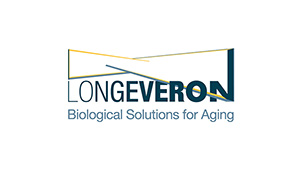 Longeveron said today that it finished enrollment for the 1st phase of its human mesenchymal stem cell trial for Alzheimer’s disease.
Longeveron said today that it finished enrollment for the 1st phase of its human mesenchymal stem cell trial for Alzheimer’s disease.
The company enrolled and infused 5 patients to collect safety data for its exogenously administered mesenchymal stem cells derived from adult donors’ bone marrow.
After reviewing safety data, Longeveron said it plans to enroll 25 participants in a double-blind study evaluating the safety and efficacy of stem cells in early-stage Alzheimer’s disease.
“The impact of Alzheimer’s disease is vast, far exceeding the medical community’s current ability to treat it,” co-founder & chief scientific officer Dr. Joshua Hare said in prepared remarks. “Regenerative medicine and cell-based therapies offer a promising new approach to close this gap and address the urgent need for effective therapies to combat the condition.”
“Adult stem cells are very potent anti-inflammatories. The characteristic amyloid plaques found in the brains of Alzheimer’s disease patients produce inflammation, and stem cells can reduce inflammation,” principal investigator Dr. Bernard Baumel added. “Alzheimer’s also impairs the brain’s ability to adequately produce new brain cells in the memory area known as the hippocampus. Stem cells can stimulate the brain to produce these new cells needed to form memory. We believe that an infusion of LMSCs may improve the condition or at least halt the progression of the disease.”
Previous work has shown that adult mesenchymal stem cells can target and reduce inflammation, as well as improve brain function in mouse models of Alzheimer’s disease.
The company’s trial is the 1st U.S. clinical study of its kind, according to Longeveron.

